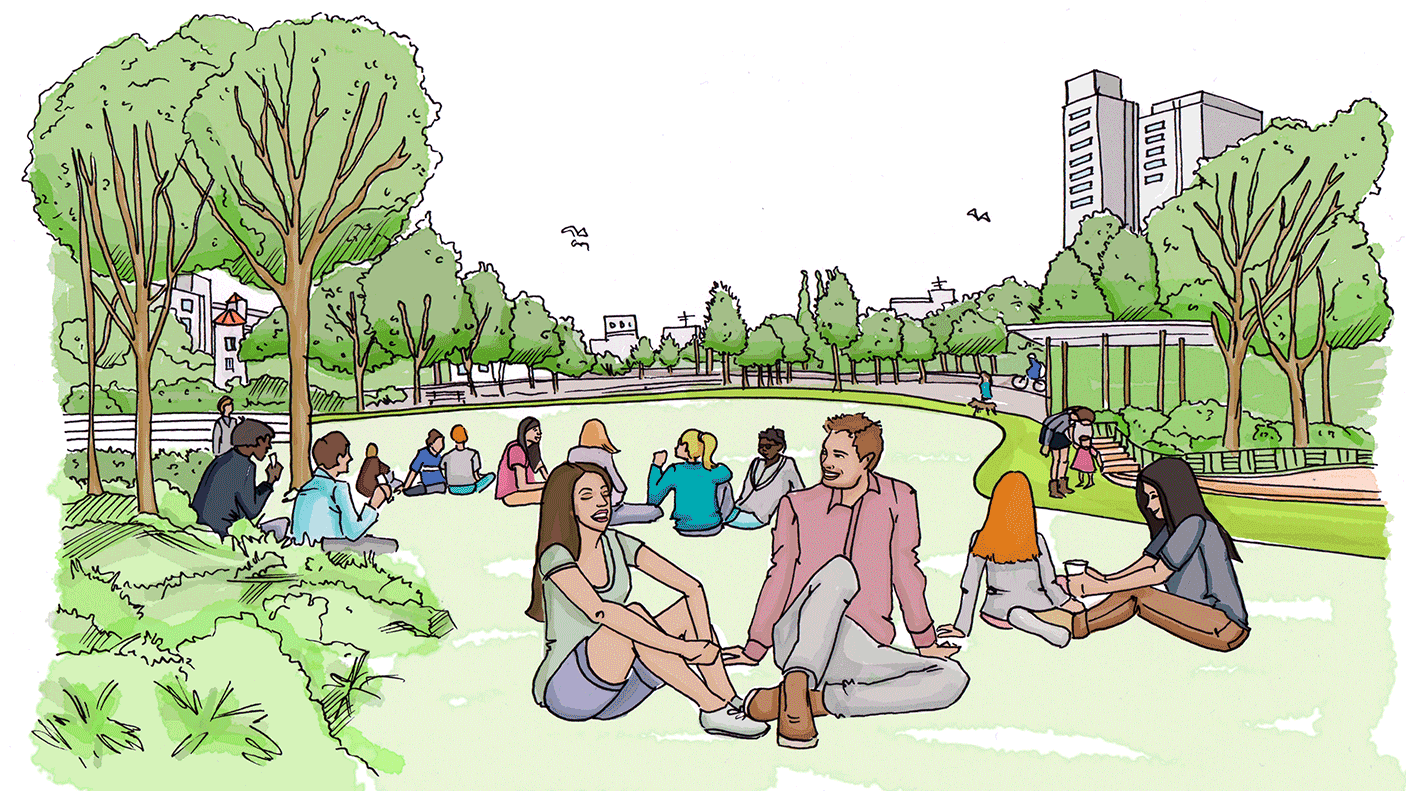Rheumatoid arthritis (RA) is an autoimmune disease. These happen when our body’s natural defense system can’t differentiate between its own cells and foreign cells. As a result the body accidentally attacks normal cells.
Different inflammatory conditions break down different types of cells. For instance in IBD, the body attacks the digestive system cells, whereas in rheumatoid arthritis the joints are targeted.

What is rheumatoid arthritis?
Rheumatoid arthritis is an autoimmune condition in which the body’s immune system attacks the joints, oftentimes many at once. The more common joints to be attacked include the hands, wrists, and knees, with the organs such as heart, lungs, and eyes being attacked less often.
When the joint is attacked, it becomes inflamed causing pain and tissue damage. It can also lead to deformities of the joints and difficulties with balance such as with the knees.
Osteoarthritis vs. rheumatoid arthritis
Osteoarthritis and rheumatoid arthritis are similar in the way that they impact joint health. Rheumatoid arthritis is caused by an autoimmune disease while osteoarthritis is caused by mechanical wear and tear. Osteoarthritis develops gradually and is a result of the joint cartilage being worn away.
Rheumatoid arthritis flare-up
Rheumatoid arthritis flare-ups can include a drastic increase of any of the symptoms. Most commonly there is intense pain and stiffness in the joints. It can also include intense fatigue and flu-like symptoms. It can last a couple days or go on for several weeks or months. If it’s severe, it can affect the ability to do everyday tasks. Flare-ups can be severe enough to interfere with daily tasks such as showering, getting dressed, and preparing meals.
Flare symptoms
The main symptoms of rheumatoid arthritis includes joint pain, inflammation, swelling, and stiffness. Symptoms usually develop over a few weeks but can also escalate over a few days. Joint pain and stiffness tends to be worse in the morning or after sedentary time. Symptoms can vary, depending on the person and triggers. For some people, the symptoms come and go while for others they might change over time. When the body experiences uncontrolled damage to cartilage, over time this can cause deformities in the joints, bone erosion, and even fusion of the joint.
Rheumatoid arthritis cause
The exact cause of rheumatoid arthritis is unknown but it’s theorized to be caused by a combination of genetics, hormones, and factors from the environment such as exposure to irritants, diet or smoking. People with a variation in the human leukocyte antigen (HLA) genes have been suggested to be more likely to develop rheumatoid arthritis. That’s because these genes assist the immune system in telling the difference between proteins that are made from your body and those that are foreign invaders – the root issue being your body can’t differentiate between the two.
Symptoms
It’s common to have pain and swelling in the fingers, hands, knees, wrists, ankles, feet, and toes. In addition to the joints, RA can also affect other parts of the body such as the skin, eyes, mouth, lungs, and heart.
Flare up symptoms:
-Pain
-Joint stiffness
-Swelling
-Heat at affected areas
-Fatigue
-Fever
-Sweating
Triggers
There are several possible triggers to RA flare-ups. Flares can be difficult to predict and debilitating. Symptoms and triggers vary greatly from person to person.
Some triggers include:
-Changes in weather
-Stress
-Infection
-Injury
-Intense exercise
-Poor sleep
-Smoking
-Changes in medication
Risk factors
In addition to the above proposed causes, some risk factors may increase the intensity or frequency of flares.
Rheumatoid arthritis tends to develop between the ages of 30 and 60 but anyone can develop it.
Risk factors include:
-Family history: increased risk when it runs in the family.
-Sex: Women are two to three times more likely to develop it.
-Smoking: Increases the risk and makes the condition worse.
-Weight: Obesity increases the chances of developing it.
Treatment
Although there is no cure, there are many effective methods that can help reduce symptoms. When it comes to at home remedies, it can be helpful to:
-Try hot or cold therapies
-Reduce stress levels, slow down, and rest.
-Work with a physician
-Increase healthy fats, colorful plant-based foods, and water and tea
-Decrease processed foods, sugar, alcohol
-Manage weight
Be your own expert.
Nori supports you in being your own expert by assisting you in identifying the culprit of your condition. We will help guide you through discovering, identifying, and taking action to change what is making you sick. It’s not just you, studies show that it can take well over 21 days to build a habit.
Please note that support for Rheumatoid Arthritis (RA) is not yet available within the Nori Health application. Follow the progress in our pipeline overview.
The main source of materials include:
NHS , Creaky Joints, CDC


